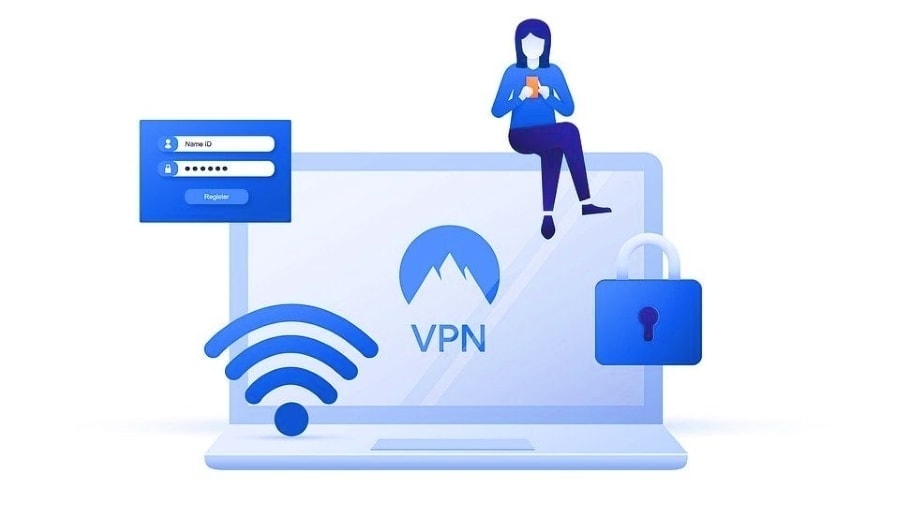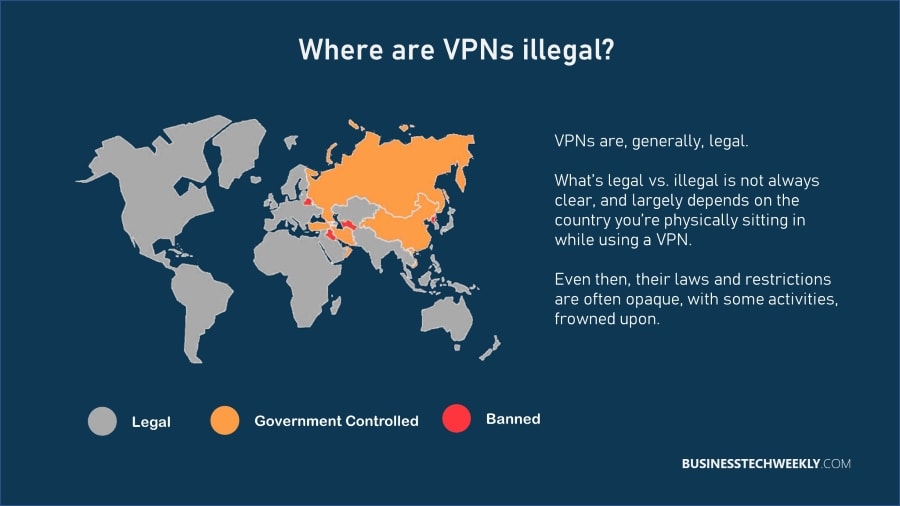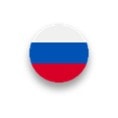Are VPNs illegal?

A growing number of people worldwide who desire greater online privacy want to know – are VPNs illegal?
The answer depends on where you live. Though virtual private networks are often associated with the dark web and some of the questionable activities that go on there, they are perfectly legal in many countries.
However, these networks are banned in other places, so it is essential to know the laws where you reside.
On this page:
How VPNs Function
Typically when users type a URL address into their browser, the ISP or internet service provider will tap their router, which is the device in your home that is password protected to transmit the internet traffic to the website you wish to see.
The ISP will also designate a specific number, referred to as the IP or Internet Protocol address, to your router, and every phone or electronic device connected to it. Some ad networks or websites use IP to track the location of the users for marketing reasons.
With a virtual private network, your computer, smartphone or electronic device will connect directly to the VPN servers.
Your internet-based traffic will then pass through it, which means your private data is masked from the ISP, making it difficult or impossible for them to monitor your browsing habits.
The VPN will mix your online traffic with others using their server to provide greater security and your IP will resemble the one associated with them.

Why More People are Using VPNs
In non-democratic societies, people who want greater freedom and privacy often use virtual private networks, but even in countries where VPNs are not outright banned, some people still prefer using them due to censorship and data leaks.
Others point to the advent of laws regarding data mining as their reason for switching to VPNs.
Benefits of using a VPN
Savvy online users often avoid using public Wi-Fi networks because their connections are usually not encrypted.
This means cyber criminals or a hostile government may eavesdrop on your browsing activities, but those who initially log into an unprotected Wi-Fi network and then switch to a VPN that will encrypt their data should be protected, as it will mask their online activities. It isn’t unusual for some digital content to be inaccessible in certain countries, but those using a VPN will give you full access to this content with no restrictions.
Another benefit of VPNs is that they enable you to prevent advertisers from gathering information.
A lot of companies and organizations are sharing user data for marketing and advertising purposes, and without a VPN, they will be able to monitor and track everything you do. A virtual private network puts a stop to this.
Now that net neutrality has ended, ISPs are authorized to monitor IP addresses so that they can observe, sell and report the browsing habits of users, and could then throttle your connection accordingly.
VPNs are growing in popularity because they provide anonymity and allow you to access information that would otherwise be blocked.
In which Countries are VPNs illegal or prohibited?
In several countries VPNs are illegal, but laws are subject to change, and the countries that ban them today might allow them tomorrow and vice versa.
Nations that currently prohibit their citizens from using VPNs are North Korea, the United Arab Emirates, Russia, Iraq, China, Oman and Belarus.
Other countries don’t outright ban VPNs but have a variety of online censorship laws. Governments that are against virtual private networks use a variety of techniques to discourage their use. One of the most common is to levy fines on the citizens that use them or the service provider.

VPNs are illegal or banned in: |
VPNs are restricted in: |
||
 |
Belarus |
 |
China |
 |
Iraq |
 |
Iran |
 |
North Korea |
 |
Oman |
 |
Turkmenistan |
 |
Russia |
 |
Turkey |
||
 |
United Arab Emirates (UAE) |
||
Why are VPNs illegal or restricted in some Countries?
Officially, most governments claim that they restrict VPNs to prevent criminal or terrorist activity. While there are indeed criminals operating in cyberspace, the real reason why some countries choose to outlaw VPNs is to suppress political dissent and because they want to keep an eye on the activities of their citizens.
The fact of the matter is that some countries offer greater freedoms to their citizens than others, and countries ruled by dictatorships are far more likely to outlaw VPNs than societies which are more democratic.
However, even in countries where virtual private networks are legal, it is important to read the TOS or terms of service for the virtual network provider and adhere to their guidelines, because if illegal activity is suspected they will report this to law enforcement.
While industry experts have put together this information, it does not constitute legal advice. If you require definitive legal guidance, we suggest seeking professional legal advice
Are VPNs Effective?
It depends on the one you use, as not every network is created equally. It is also important to remember that governments which are hostile to virtual private networks will continue developing various means to control, destroy or bypass them.
Virtual private networks differ in the types of features they offer, and each has its benefits and drawbacks. To find the proper VPN, you must do your research. It should also be noted that you get what you pay for when it comes to virtual private networks. Many users prefer paying rather than using free services because the VPNs that don’t charge users will often generate their revenues through information gathering and then selling it to third parties, which totally defeats the purpose of the VPN.
Virtual private networks are not full proof. Sometimes there are security vulnerabilities which will reveal the location of your IP, and you also want to be sure that the VPN you use is “no log,” meaning that the network will never log or collect any data that is sent through their network.
Your personal information won’t be saved, nor will the search history of the things you download. The best VPNs are those where even the network administrator doesn’t know what you’re doing. That way, even if a cyber-criminal or government agency breaches the VPN, because it is “no log” there won’t be anything of interest for them to use. Prior to signing up for a VPN read their TOS to make sure they do not log the online activities of users.

